Dry Heaving In Cats
Y'all know how much we love our furry little friends. We want to make sure they're always happy, healthy, and feeling their best. But when they start to exhibit unusual behavior, it can be concerning. One such behavior is dry heaving, and it's something that can happen to our feline companions too. Let's take a closer look at dry heaving in cats, what causes it, and how to treat it.
Dry Heaving in Cats - Understanding the Symptoms
Dry heaving can be scary to witness in your beloved cat. When they dry heave, they may make a retching or coughing-like noise without actually producing any vomit or hairball. This can happen occasionally or more frequently and can be a sign of an underlying issue. Some common symptoms of dry heaving in cats include:
- Frequent coughing or retching
- Difficulty breathing
- Loss of appetite
- Lethargy
- Sneezing
- Watery eyes
If you notice any of these symptoms, it's important to take your cat to the vet immediately. They will be able to identify the underlying cause and offer treatment options.
Causes of Dry Heaving in Cats
There are several potential causes of dry heaving in cats. Some of these are more serious than others. Here are a few reasons your cat may be experiencing dry heaving:
1. Hairballs
This is one of the most common causes of dry heaving in cats. When cats groom themselves, they often ingest hair that can collect in their stomach and intestinal tract. This hair can cause irritation and discomfort, leading to dry heaving and vomiting. To prevent hairballs, make sure to groom your cat regularly and consider adding a hairball remedy to their diet.
2. Respiratory Issues
Respiratory issues such as asthma, bronchitis, and pneumonia can cause dry heaving in cats. When the air passages in their lungs become inflamed, they may have difficulty breathing, leading to retching and coughing. Pets with respiratory issues may also experience wheezing or shortness of breath. If you suspect your cat is experiencing respiratory issues, take them to the vet right away.
3. Gastrointestinal Distress
Gastrointestinal distress can cause dry heaving in cats. This can include anything from an upset stomach to a more serious issue like inflammatory bowel disease. Cats may also experience vomiting, diarrhea, and bloating. If your cat has gastrointestinal distress, it's important to consult your vet to rule out more serious issues.
How to Treat Dry Heaving in Cats
When it comes to treating dry heaving in cats, the first step is to identify the underlying cause. Depending on the issue, your vet may prescribe medication or recommend certain lifestyle changes. Here are a few treatment options for dry heaving in cats:
1. Hairball Remedies
If hairballs are the cause of your cat's dry heaving, your vet may recommend a hairball remedy. This can come in the form of a paste, gel, or treat that helps to lubricate the intestinal tract and promote healthy digestion. Hairball remedies can be given daily or as needed.
2. Medication
Depending on the underlying issue, your cat may need medication to treat dry heaving. For respiratory issues, your vet may prescribe bronchodilators or steroids to help open the airways. For gastrointestinal distress, your vet may recommend anti-nausea medication or a change in diet. Always follow your vet's instructions when it comes to administering medication.
3. Lifestyle Changes
Aside from medication, there are several lifestyle changes you can make to help prevent dry heaving in cats. This includes things like feeding your cat smaller, more frequent meals to aid in digestion, keeping them hydrated, and grooming them regularly to prevent hairballs.
Final Thoughts
While dry heaving can be scary to witness in your cat, it's important to stay calm and take action. By identifying the underlying cause and treating it accordingly, you can help your cat feel better and prevent future instances of dry heaving. Always consult your vet if you notice any concerning symptoms, and don't hesitate to reach out for help.
Gallery
Dry Heaving in Cats - Image 1
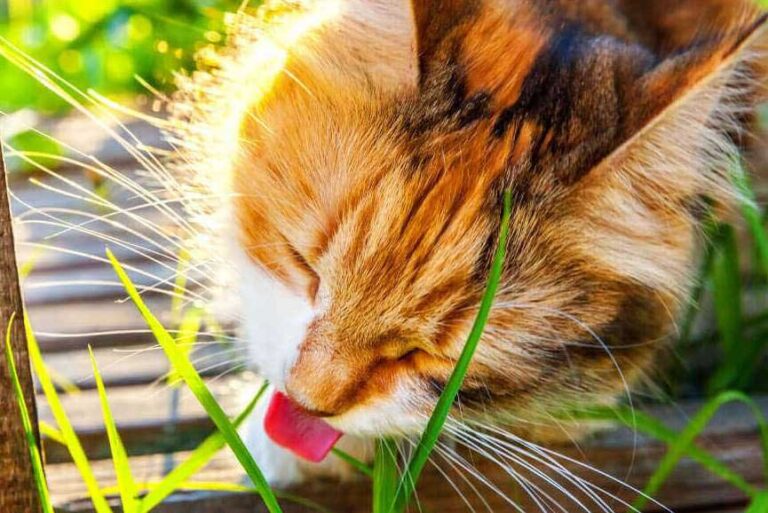
A cat dry heaving with no vomit or hairball - a potential sign of an underlying issue.
Dry Heaving in Cats - Image 2
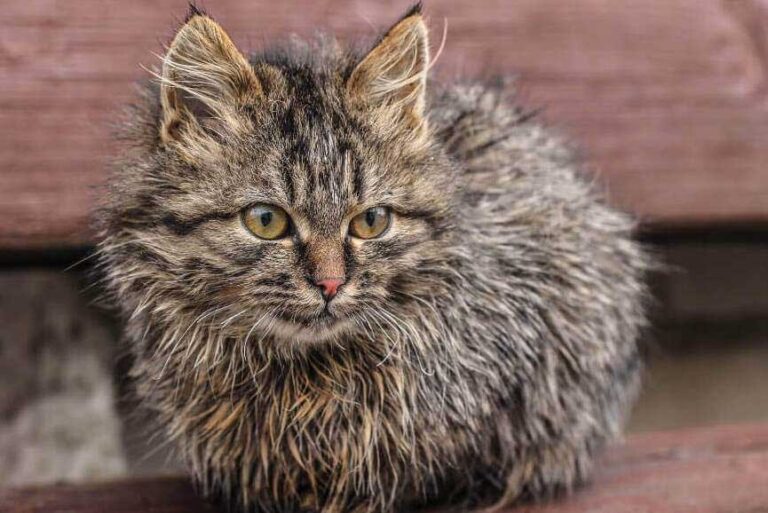
Dry heaving can happen to kittens and adult cats alike.
If you are searching about Dry Heaving in Cats – Symptoms, Causes and Cures you've came to the right page. We have 7 Pictures about Dry Heaving in Cats – Symptoms, Causes and Cures like Dry Heaving in Cats – Symptoms, Causes and Cures, Dry Heaving in Cats – Symptoms, Causes and Cures and also PetMd: Cat Dry Heaving A Lot. Read more:
Dry Heaving In Cats – Symptoms, Causes And Cures
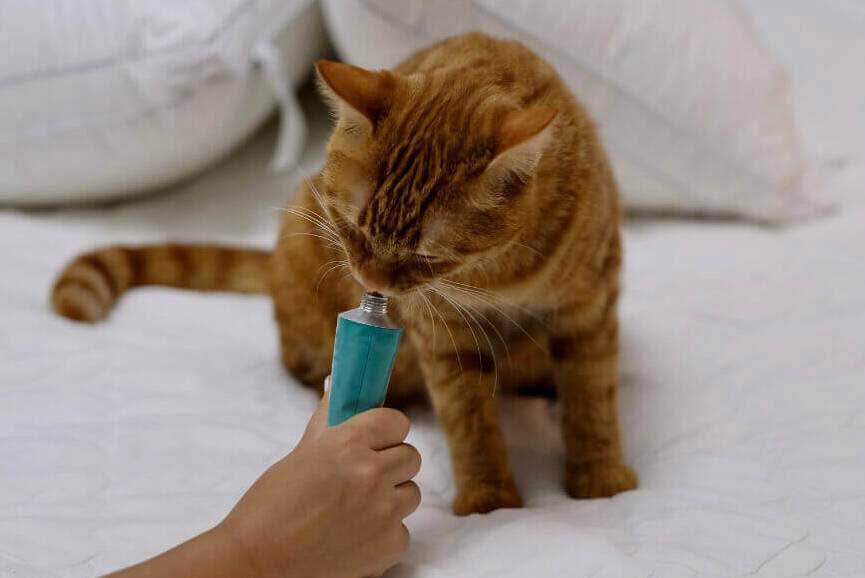 happycatslife.com
happycatslife.com dry heaving treat
Why Is My Cat Dry Heaving? A Helpful Guide - Simply Cat Care
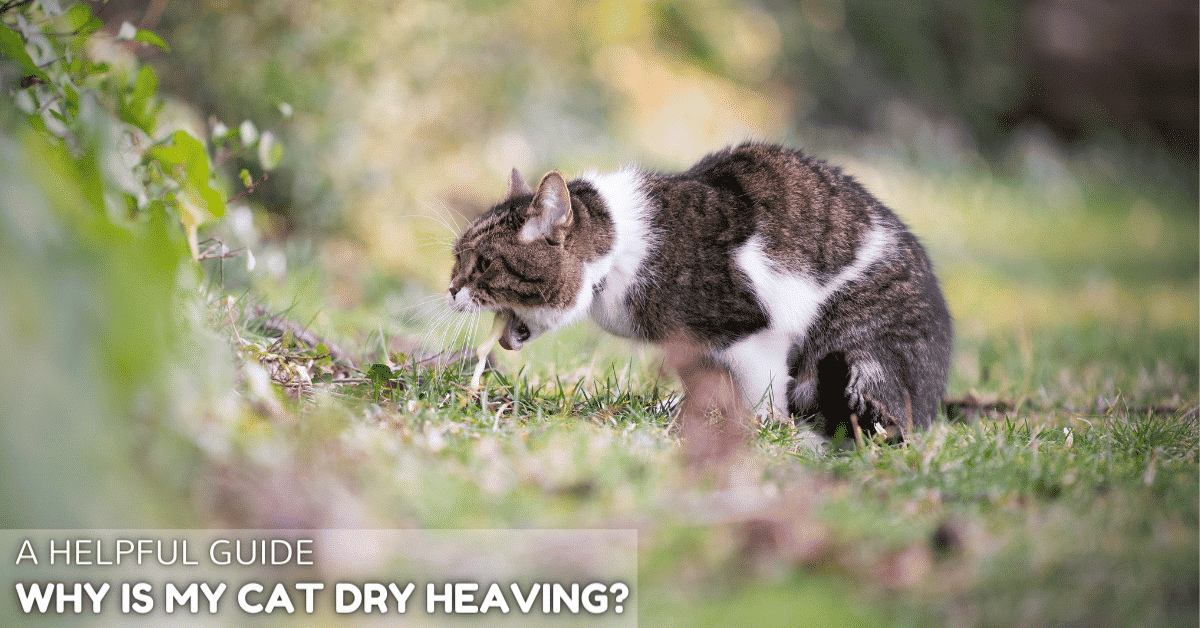 simplycatcare.com
simplycatcare.com Dry Heaving In Cats – Symptoms, Causes And Cures
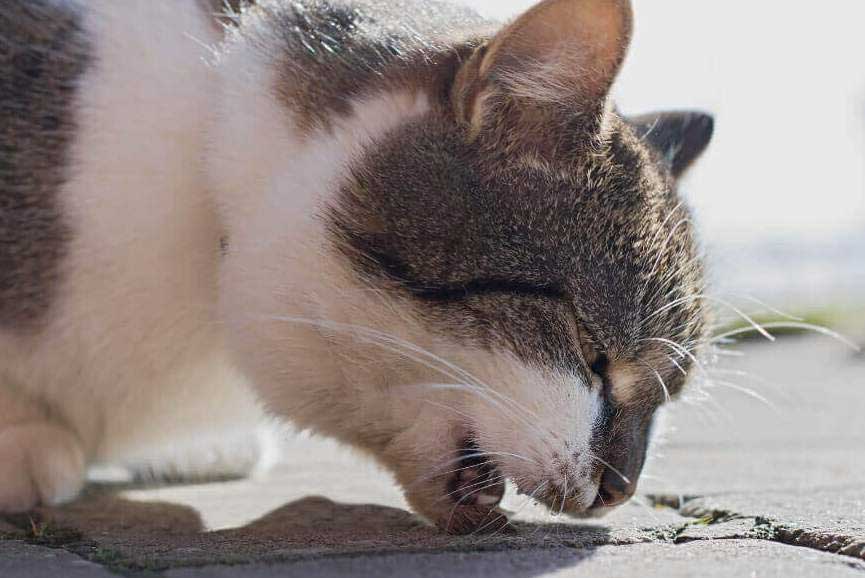 happycatslife.com
happycatslife.com heaving cures coughing hairballs hairball worried coughs
Dry Heaving In Cats – Symptoms, Causes And Cures
 happycatslife.com
happycatslife.com heaving
PetMd: Cat Dry Heaving A Lot
 pet-md.blogspot.com
pet-md.blogspot.com katze impfen entwurmen ibuprofeno leucose vomiting felv tabby puke veterinary euthanasia katzenbetreuung dortmund aspcapetinsurance maladie
Dry Heaving In Cats – Symptoms, Causes And Cures
 happycatslife.com
happycatslife.com heaving
Dry Heaving Cat - YouTube
 www.youtube.com
www.youtube.com dry cat heaving
Heaving cures coughing hairballs hairball worried coughs. Why is my cat dry heaving? a helpful guide. Dry heaving treat
Post a Comment for "Dry Heaving In Cats"